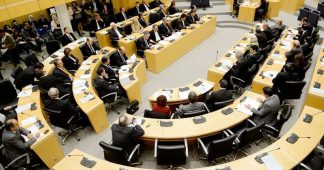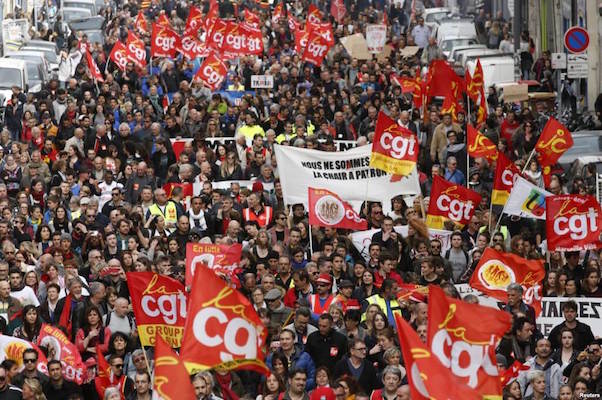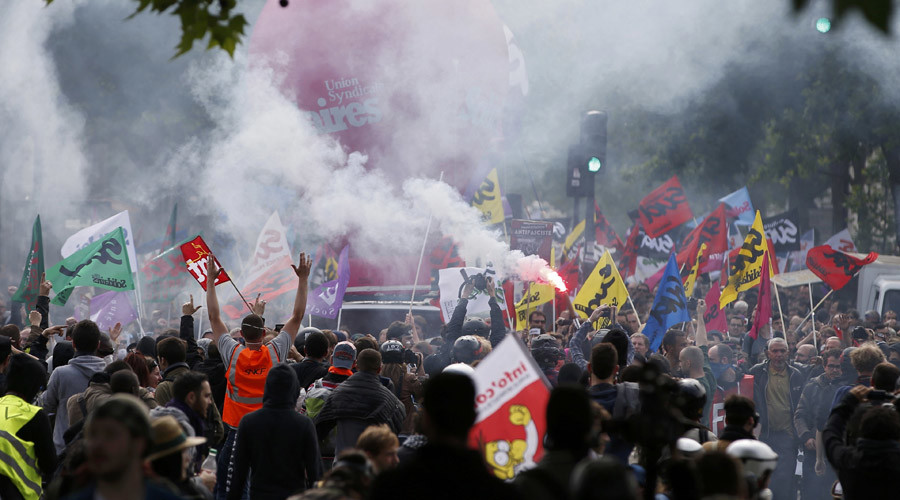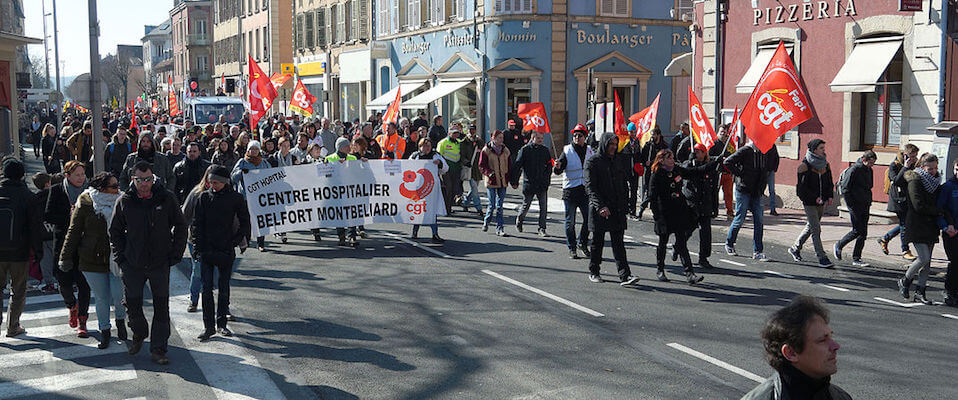by Bernard Sherer
French parliamentarians have approved a non-binding resolution today asking for the lifting of EU sanctions imposed on Russia, allegedly for its role in Ukraine.
The lower house of the French Parliament has voted against the sanctions by 55 to 44. In favor of the resolution have voted parliamentarians from the center-right, the right and the radical left.
The Hollande government has recommended the rejection of the proposal to lift sanctions. Against the proposal have voted Socialist and Green deputies. Both parties and the mainstream media in France are extremely hostile to Russia, as never before in French history!
France was traditionally a pillar of European independence. It has opposed the Vietnam war and, more recently, the invasion of Iraq and had left the military wing of the Atlantic Alliance. But, after the election of Sarkozy as President and also under Hollande, it not only returned fully to NATO, it became the privileged “actor” of neoconservatives in Europe. Paris has played a critical role in the “humanitarian” interventions which destroyed Syria and Libya and are directly responsible for the flow of millions of refugees to Europe and for the development of the Islamic State.
But now Sarkozy, under the pressure of the rise of Le Pen and trying to reconstruct the once gaulliste French right, tries to make some corrections to his unconditional siding with Washington on international policy.
The vote in France comes only weeks after the Dutch voters have put also into question western policy towards Russia, by rejecting the EU-Ukraine agreement. It comes also at the worse moment for President Hollande who faces strong social opposition in France and, according to most observers, is presiding over his own end – and also the end of an era if not of a regime.
Today French police has clashed with and used tear gas against demostrators prtsesting the new labour law in several cities including Paris, Nantes, Lyon and Rennes.











